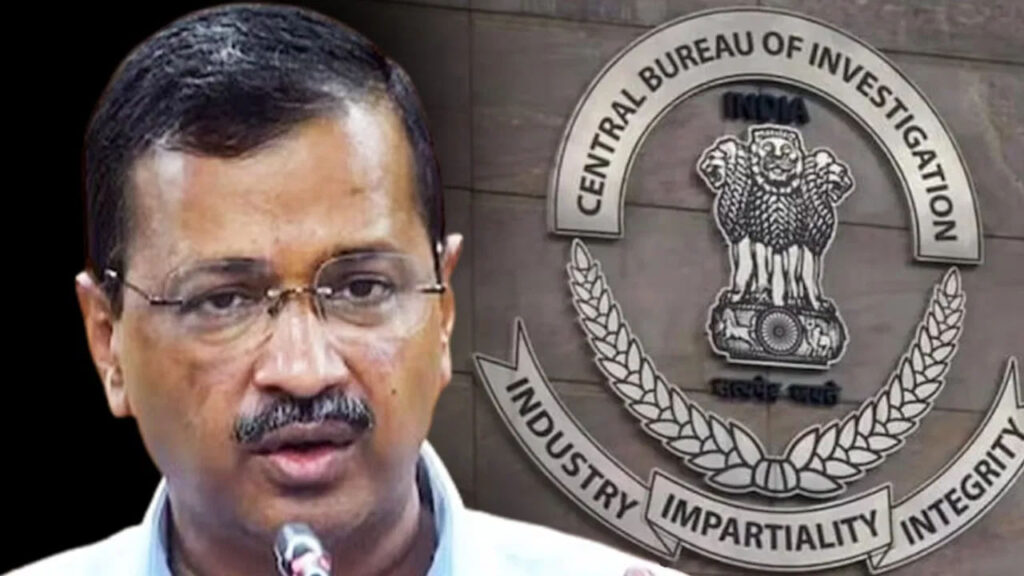The difficulties faced by Delhi Chief Minister Arvind Kejriwal may be increasing, especially as the Central Bureau of Investigation (CBI) has been granted permission to prosecute him in connection with an alleged liquor policy scam. This information was disclosed by the CBI, which informed the Rouse Avenue Court on Friday about the approval to initiate legal proceedings against Kejriwal.
The Case Against Kejriwal
Arvind Kejriwal was arrested by the CBI on June 26, 2024, in relation to the liquor policy scandal. Currently, he is under judicial custody until August 27. The investigating agency filed a charge sheet against him on July 29. During the hearing on August 12, the CBI acknowledged in court that they had yet to receive approval to proceed with prosecution against Kejriwal.
Recent Court Developments
Following the CBI’s announcement that they have received the necessary approval, the court can now take cognizance of the charge sheet filed against Kejriwal. Meanwhile, the Supreme Court has postponed the hearing regarding his bail application and the challenges posed to his arrest by the CBI until September 5.
Timeline and Legal Proceedings
| Date | Event |
|---|---|
| June 26, 2024 | Kejriwal is arrested by the CBI. |
| July 29, 2024 | CBI files a charge sheet against Kejriwal. |
| August 12, 2024 | CBI informs court about lack of prosecution approval. |
| August 27, 2024 | Judicial custody ends. |
| September 5, 2024 | Hearing for bail application in Supreme Court. |
Time Granted for Responses
The court has allowed the CBI to submit a reply affidavit in the case, and Kejriwal has been given two days to file his response. Kejriwal’s lawyer, Abhishek Singhvi, stated that the CBI provided only one affidavit in response to a petition, which was delivered to them late on Thursday night. The Additional Solicitor General has indicated that they will submit their reply within a week.
High Court’s Stance on Arrest
The Supreme Court denied interim bail to Kejriwal on August 14 and requested the CBI to respond to the challenge against his arrest. Prior to this, the Delhi High Court had upheld the legality of Kejriwal’s arrest on August 5, asserting that the CBI successfully demonstrated that Kejriwal could influence witnesses, who only gained the courage to testify post-arrest. The court instructed him to seek regular bail from the lower court.
Conclusion
The next few weeks will be crucial for Arvind Kejriwal as the legal processes unfold. With the CBI moving forward with the charges and the Supreme Court overseeing the proceedings, the outcome could significantly impact his political career and the administration of Delhi. As developments occur, the public eye remains closely focused on the implications of these legal battles.
